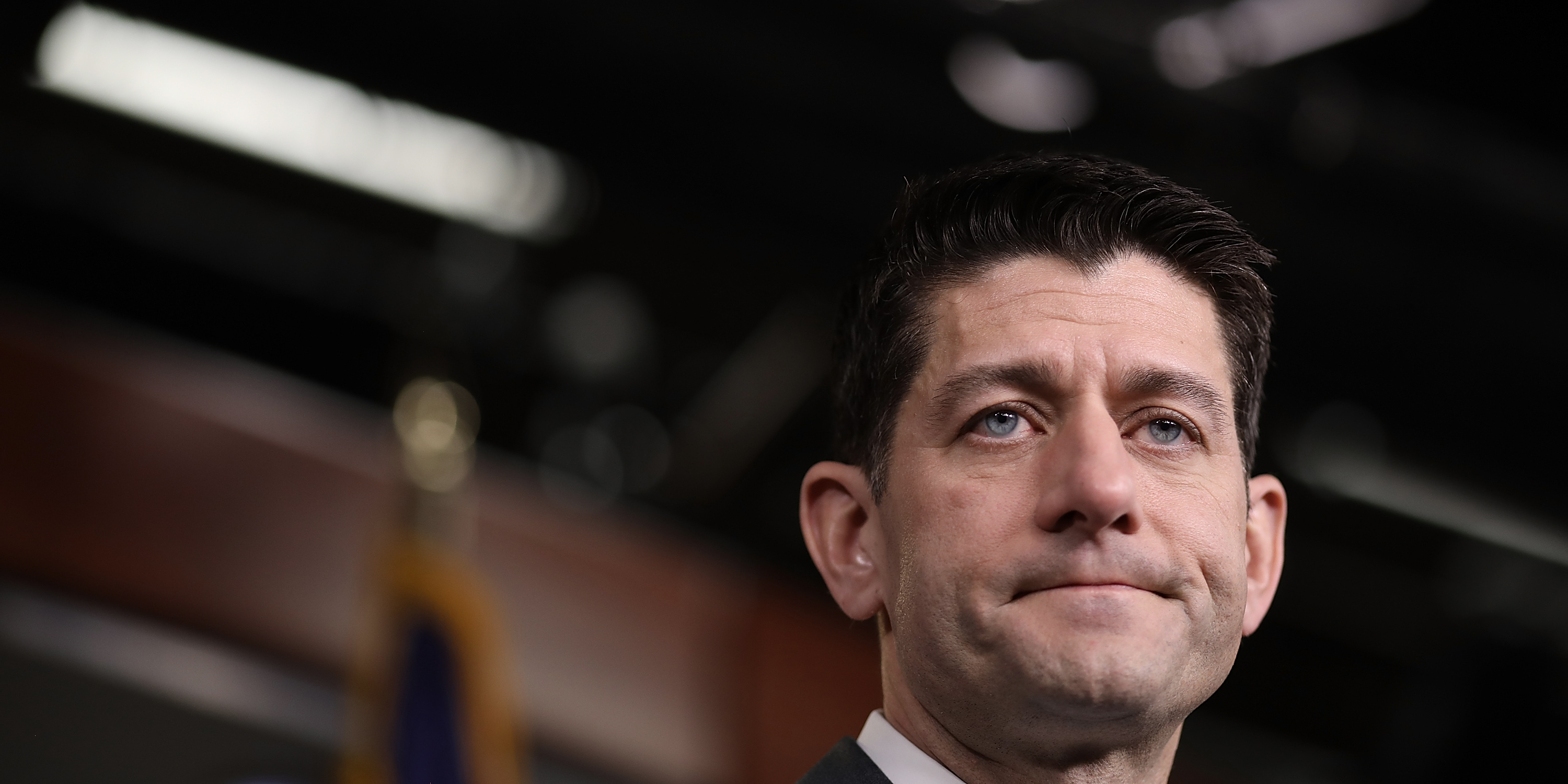- House Speaker Paul Ryan announced he would not run for re-election, becoming the 45th Republican to depart Congress ahead of the 2018 midterm election cycle.
- Ryan’s retirement could signal to other Republicans that tough re-election bids might not be worth the fight.
WASHINGTON – When House Speaker Paul Ryan told his colleagues in the House on Wednesday that he would be retiring at the end of 2018, he signaled what many Republicans are already thinking – that the midterm elections are going to be rough for the GOP if they want to keep their majority.
Ryan insisted that he does not think vulnerable congressional seats and close races are “gonna hinge on whether Paul Ryan is speaker or not.”
“I gave it some consideration but I really do not believe whether I stay or go in 2019 is gonna affect a person’s individual race for Congress,” Ryan said. “Look, if we do our jobs – which we are – we’re gonna be fine as a majority.”
But the feeling is not mutual for some in the Republican conference. The GOP has already seen more than twice the retirements announced this cycle than their Democratic counterparts, with members either leaving politics altogether, seeking different offices, or offering abrupt resignations.
Losing Ryan could open the flood gates and prompt more retirements from Republicans who are on the fence about running for re-election, according to Kentucky Rep. Thomas Massie.
"It may encourage other Republicans to not run again I think, more so than affecting the money," Massie told reporters. "We've already got twice as many retirements in our party than the Democrats. This may be a signal that it's okay to retire."
Pennsylvania Rep. Ryan Costello, who recently announced his retirement after just two terms in the House, disagreed with Massie.
"It doesn't send a message at all, he's been here 20 years," Costello said. "The decision on whether to run or not is a deeply personal decision."
"It depends what district you're coming from I guess," said Rep. Mark Walker, who chairs the influential Republican Study Committee.
"Maybe unlike the Senate, I think the House, you are responsible for that 750,000 people you represent," Walker added, noting the prospect of dwindling fundraising without Ryan staying on as speaker. "The relationships that you build. So I think we'll have minimal impact as a far as specific members of the House."
And Ryan's retirement was not even the only Republican departure of the day. Florida Rep. Dennis Ross told the Tampa Bay Times that he planned to leave Congress at the end of his term.
The Democratic Congressional Campaign Committee pounced on Ryan's announcement. DCCC spokesman Tyler Law said in a statement that Ryan "sees what is coming in November, and is calling it quits rather than standing behind a House Republican agenda to increase healthcare costs for middle class families while slashing Social Security and Medicare to pay for his handouts to the richest and largest corporations."
"Unfortunately, for the many vulnerable House Republicans that Paul Ryan is abandoning, his historically unpopular and failed policies will hang over their reelections like a dark cloud," Law added. "Stay tuned for more retirements as Republicans increasingly realize that their midterm prospects are doomed."
